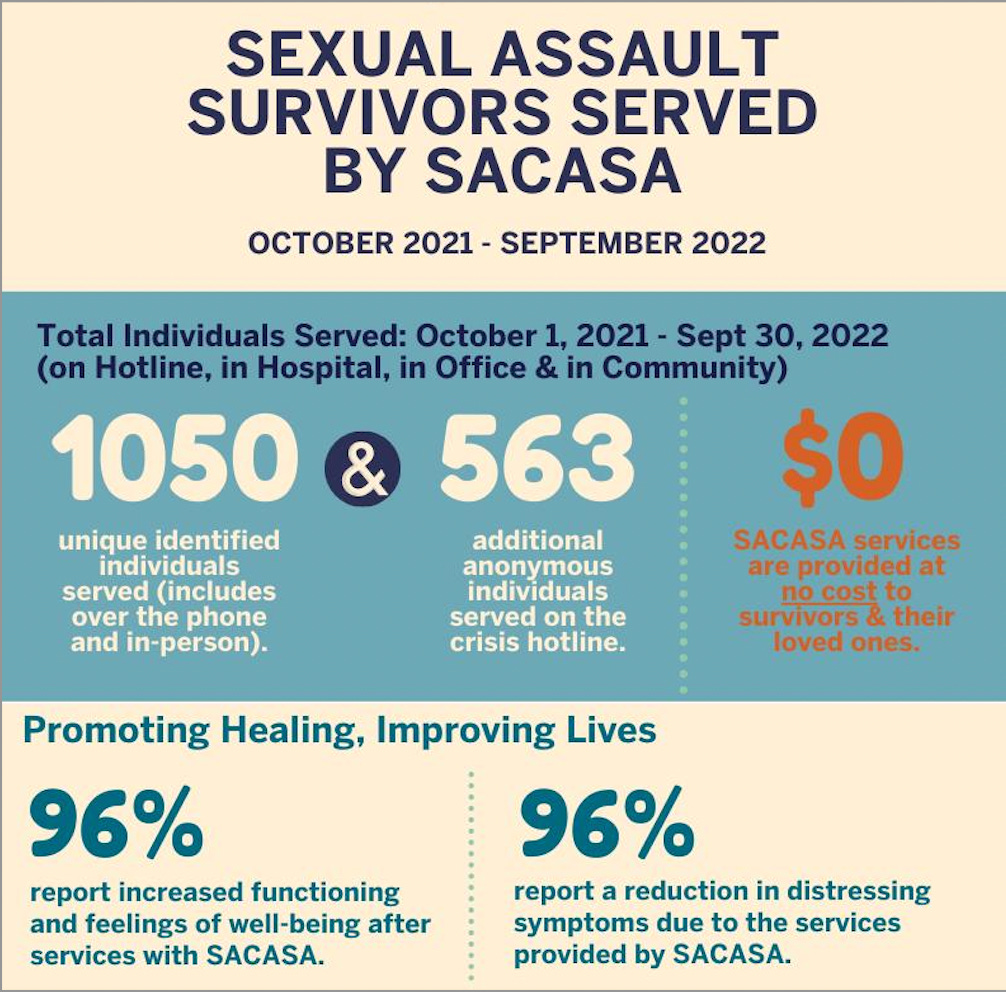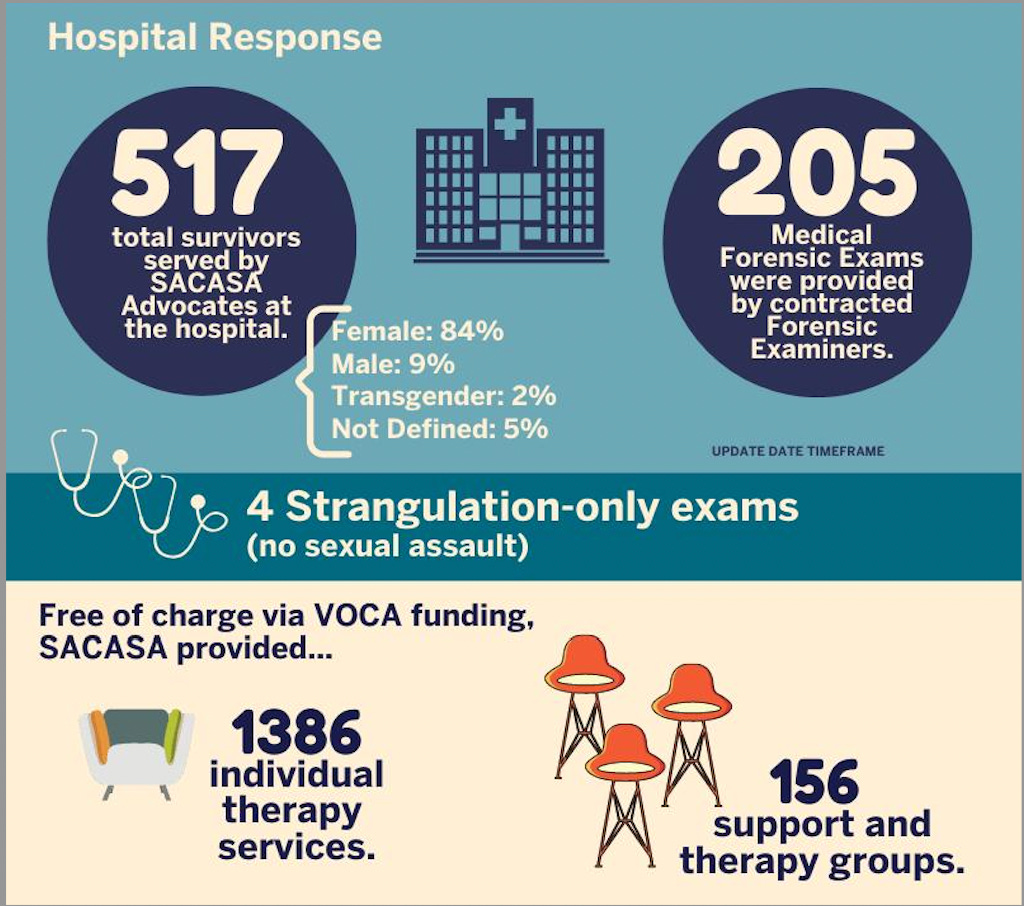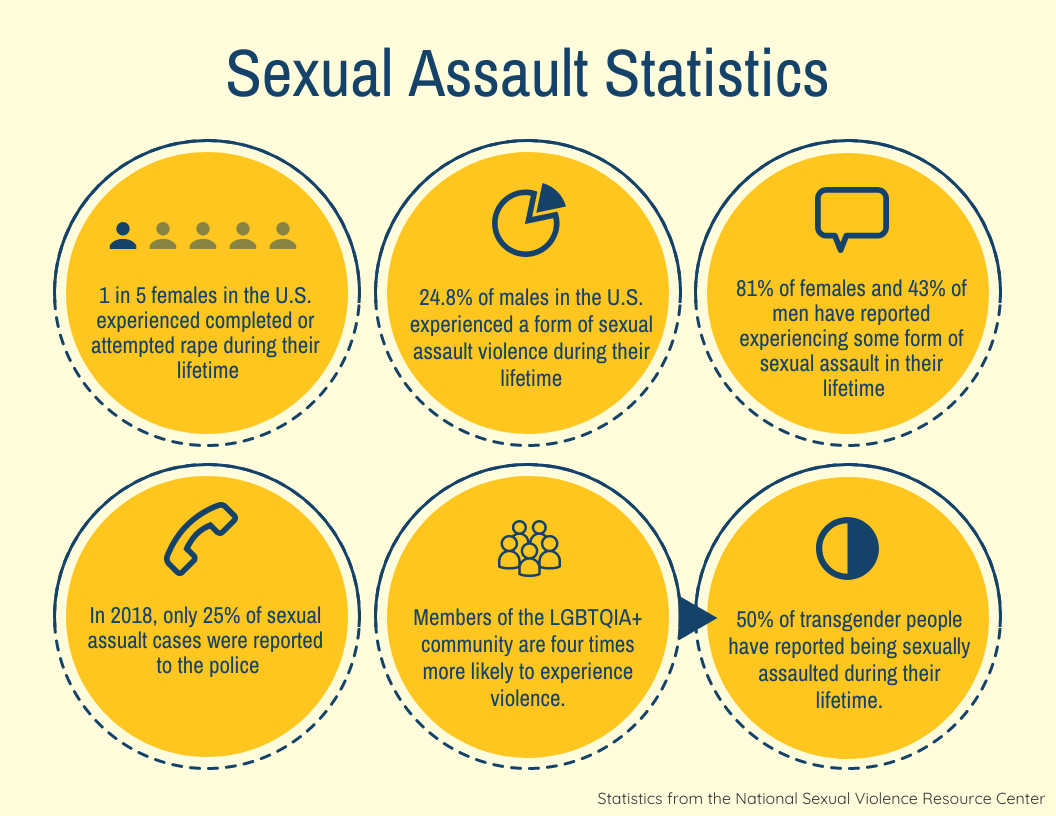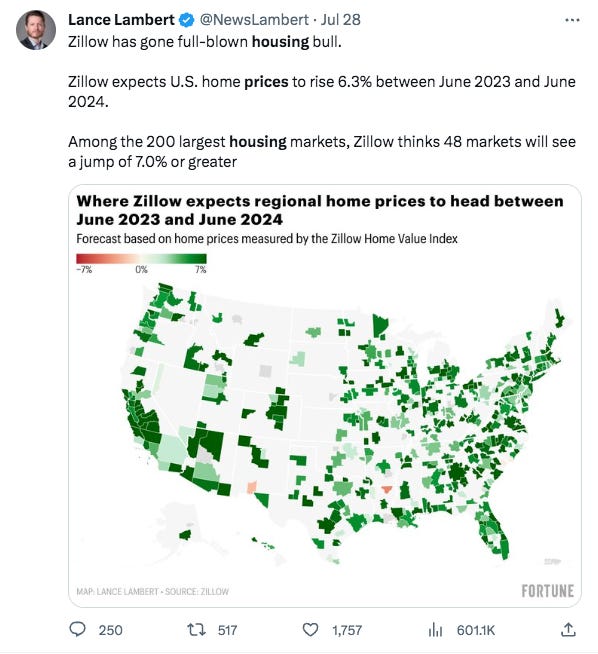The Daily Agenda: Sticking with the experts
County makes smart choice on forensic services ... Experts already handling it ... Housing market heats up.
We mentioned in our email Friday that we’d be introducing sponsorship and advertising opportunities for causes, organizations and companies that line up with our values and mission.
To give you an example, we partnered with the Children’s Museum of Tucson to tell you about its October fundraising gala, Evening of Play. The museum is a nonprofit that provides hands-on, fun educational opportunities to thousands of kids in our community each year. Neither Caitlin nor Curt has kids, but we still think the Children’s Museum is awesome, so we’re happy to help them spread the word about their big fall fundraiser. Get your your tickets now, before the summer sale ends.
Click on the image above to learn more or purchase tickets.
If you’d like to get the word out about your business, event or organization, reach out! Email us at info@tucsonagenda.com and put “sponsorships” in the subject line.
Most of the time, news stories are about action — something that happened — but sometimes, it’s worth taking a deeper look at an event or decision that could have, but didn’t, occur.
That’s what we’re doing today, after a recently released memo by Pima County Administrator Jan Lesher caught our eye.
The memo was in response to a question posed during a July 11 board of supervisors meeting, regarding the feasibility of the county providing forensic examinations and evidence collection for victims of violent crimes, instead of contracting with outside agencies.
We weren’t able to find out who asked the question and in what context, but at the end of the day, does it really matter?
The county is statutorily mandated to pay for evidence collection after a person has been the victim of child abuse or a sex offense. For years, the county has contracted with two local providers: the Southern Arizona Center Against Sexual Assault and the Children’s Advocacy Center of Southern Arizona.
The county already has a lot on its plate. In recent meetings, discussions have included homelessness, the fentanyl crisis, budget issues with the sheriff’s department, water and more.
Why would it want to take on anything else?
The question came two weeks after supervisors unanimously approved a one-year contract extension and $615,00 in collective funding to the two organizations. There was no discussion during the vote and no questions raised at that time.
The Southern Arizona Center Against Sexual Assault and the The Children’s Advocacy Center are the only organizations in Southern Arizona that provide these specialized and potentially lifesaving services.
The two organizations have long been providing these services on behalf of the county.
SACASA, a division of CODAC Health, Recovery and Wellness, provides forensic and strangulation exams for victims of sexual assault and intimate partner violence. Advocates are dispatched to the hospital and provide on-site services.
But SACASA provides more than just exams following an assault. It also provides coordinated services to victims that addresses not only the trauma of the assault, but the social determinants of health, or “the wider set of forces and systems shaping the conditions” of our daily lives– economic policies, systems, development agendas, social norms, social policies, racism, climate change and politics.
SACASA advocates help survivors cope with the assault in the context of everything a person has experienced in their life.
The Children’s Advocacy Center provides interviews and exams for children ages 15 or younger, conducted by specialized experts who are staffed on a 24/7 basis. The center provides these services in a center leased from the county that also holds county attorney and law enforcement employees.
The interviewers are bilingual, trained in child development and use an evidence-based model that provides non-leading interviews that lead to sound testimony.
These are highly specialized positions that require extensive training and education in order to not re-traumatize victims during the interview process.
It’s certainly the kind of work you want to leave to the experts.
County Administrator Jan Lesher agreed, and was quick to shut down the idea of the county providing these services on its own, calling the proposal “economically inefficient and counterproductive for the population served.”
“The services the County contracts for are not provided in a vacuum but rather are a part of a much more robust continuum of care which provides survivors both efficiencies and expertise that would be substantially disrupted should the County attempt to remove these particular services from the larger system of care,” Lesher wrote.
In addition, the costs to staff a county-run evidence collection and exam operation would “far exceed” the amount the county pays SACASA and the Children’s Advocacy Center.
Lesher also pointed to the liability risk associated with conducting these kinds of exams on children.
“(The county) would… have to undergo a stringent underwriting process from the County's insurance carrier,” she wrote. “Moreover, the County would… have to also purchase medical supplies, appropriate clinical space and other supplies, etc.”
Pima County “has a long history of supporting victims of crime and their health and well-being,” Lesher said in the memo, adding that they are continuing discussions about victim need, service gaps and the “most economically efficient manner to deliver victim-centered services that treat the whole person.”
SACASA director Katlyn Monje said she’s grateful for the continued trust the county has placed in their program.
“This partnership remains a vital component in our efforts to offer paths to healing and to contribute to a future free of sexual violence,” Monje said.
So for now, at least, survivors of sexual and child abuse will continue to be served by the best. And isn’t that what they deserve?
Food truck courts up for discussion: The City of Tucson has begun the public outreach process to amend the zoning ordinance to address the location and development standards for food truck courts. Two Zoom meetings will be held on Tuesday, August 15, at 8 a.m. and 5 p.m. Advance registration is required.
No simple fix: Homelessness, and how officials should deal with it, is a big political issue in Tucson, particularly with the general election coming up in November. The Arizona Daily Star's Tim Steller talks to the candidates (among many others) about how they see the problem and what they would do about it.
"The big questions are when authorities should step in, what they can offer unhoused people and, when people should be arrested," Steller writes.
House sales setting records: Sales of new houses in Tucson are coming at a pace not seen since 2007, the year before the housing crash, the Star’s Gabriela Rico reports.
“Tucson is holding its own during this period of uncertainty in the housing market,’ said David Godlewski, president of the Southern Arizona Home Builders Association. “We expect this momentum to continue for the second half of the year.”
Need a deal: The long-running disagreement between the City of Tucson and the other local governments involved in the Regional Transportation Authority needs to be resolved, the Tucson Sentinel's Blake Morlock writes. If they don't, they're "on the road to ruin."
"At some point in the near future – I would argue by Dec. 7 – the whole RTA Board should have a public confab with the City Council and remove all fuzz," Morlock writes.
Rise of the super peso: Mexican shoppers in Ambos Nogales are taking advantage of the falling value of the U.S. dollar, which led to what's being called a "super peso." The area near the downtown port of entry is pretty much a bi-national market and it looks like the monetary scales are tipping in favor of Mexican shoppers (and Arizona business owners), the Nogales International's Angela Gervasi reports.
Dollars, pesos, whatever currency you like. It all works when you upgrade to a paid subscription of the Tucson Agenda.
Caitlin was a guest on KXCI’s Broad Perspectives program on July 23, talking about the state of local journalism and the Tucson Agenda. Hosts Kathleen Harris and Aspen Green for years have been showcasing voices, views and interviews of women in our community and we’re grateful to have their support!













I just finished reading Missoula: Rape and Justice System in a College Town by Jon Krakauer. Even before reading it, I would have advocated for the quality of services SACASA and the Children’s Advocacy Center can provide. But after reading the stories of women who were traumatized by sexual violence I have even more appreciation for ensuring that they receive the kind of professional attention these organizations can provide. As you say, Pima County has a lot on their plate. I appreciate the range of services they do provide directly. We are fortunate they have quality organizations they can contract with for specialized services.